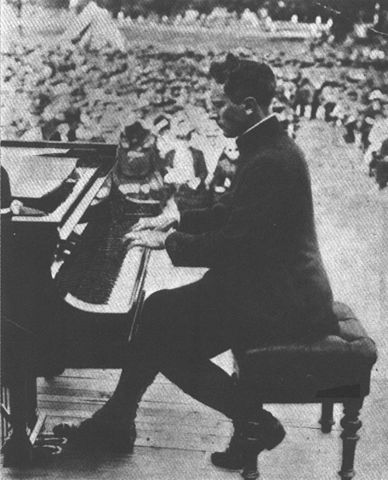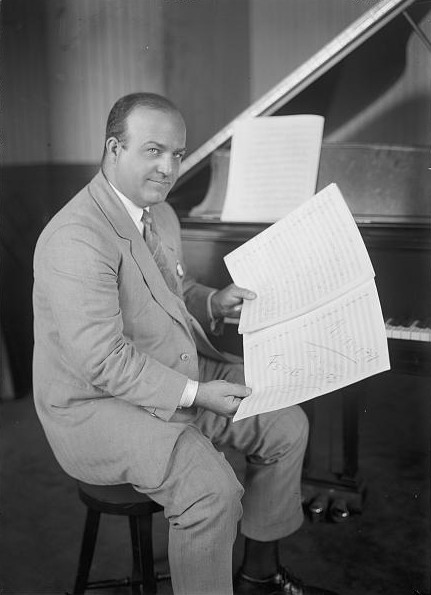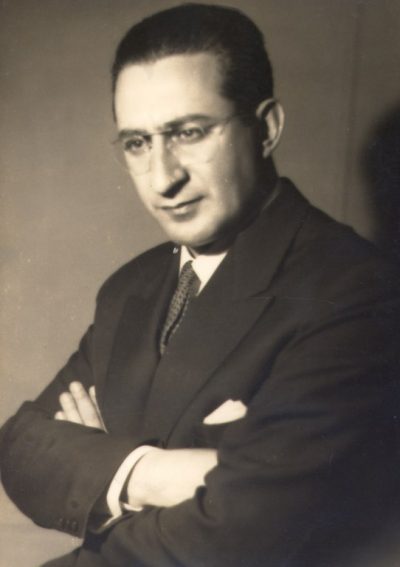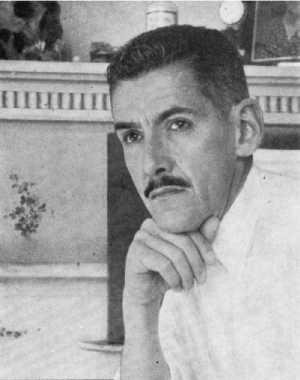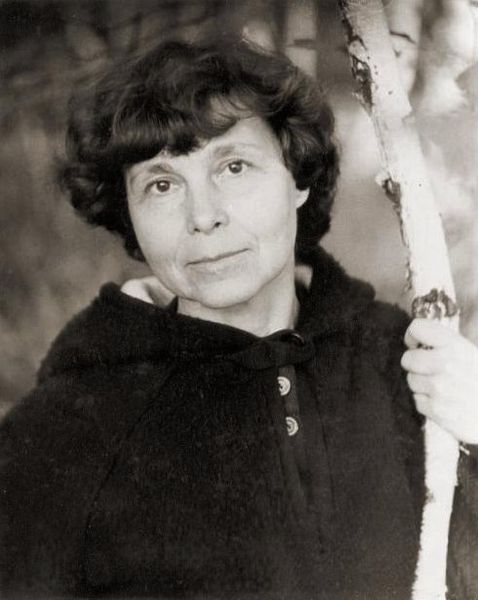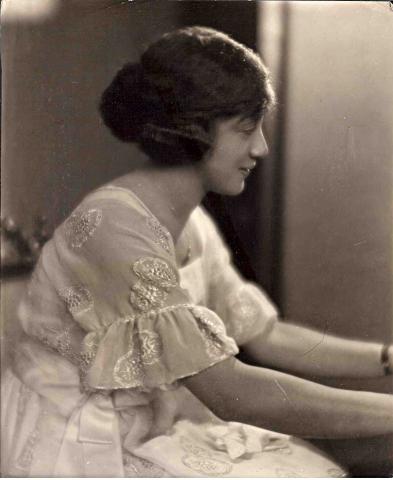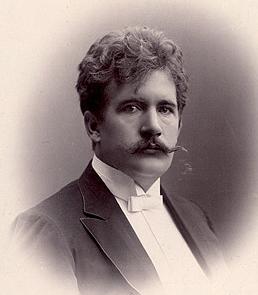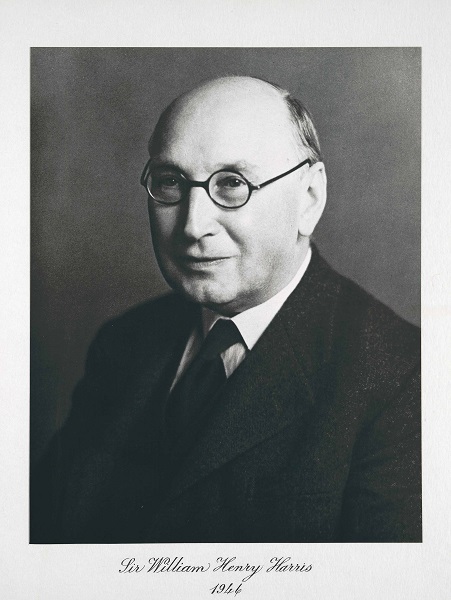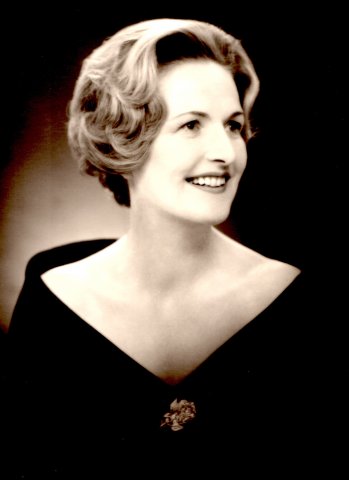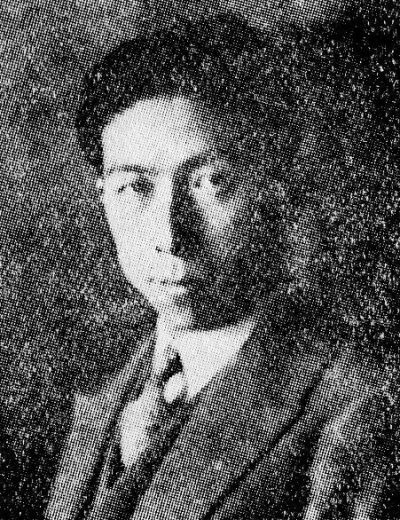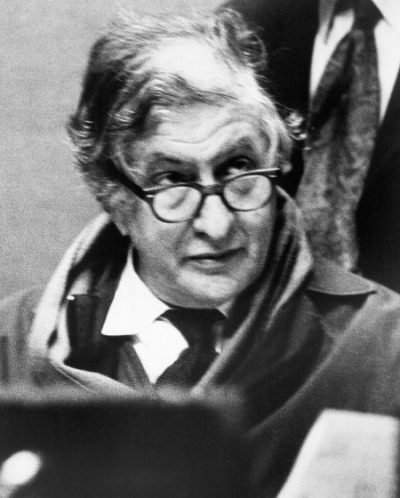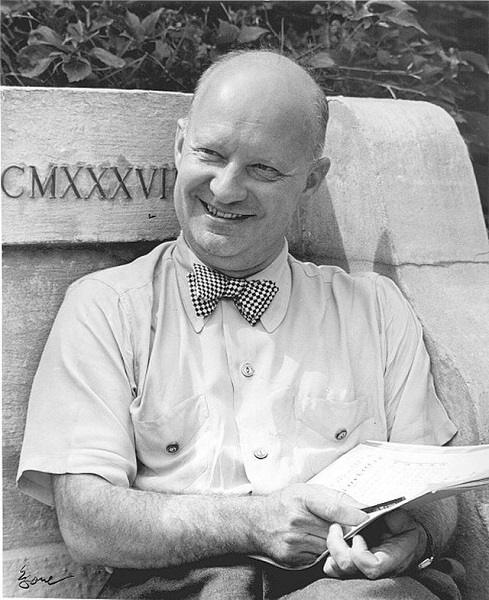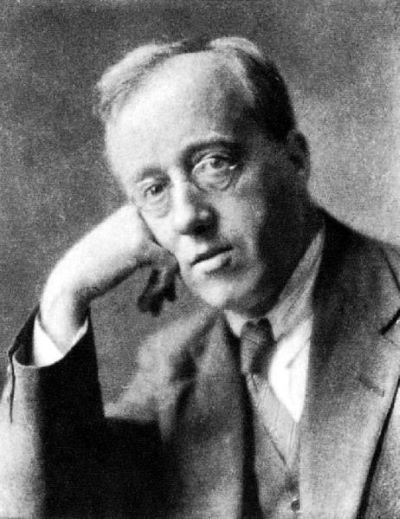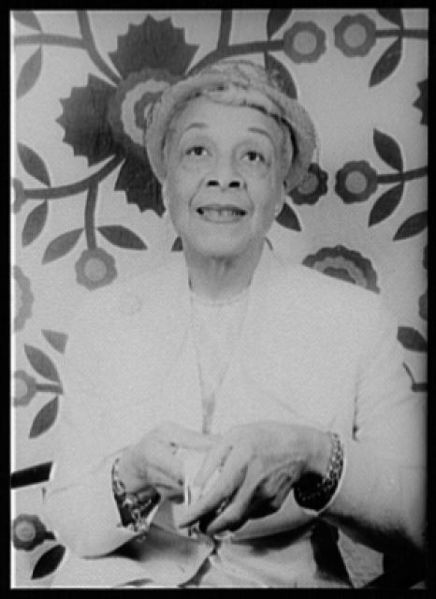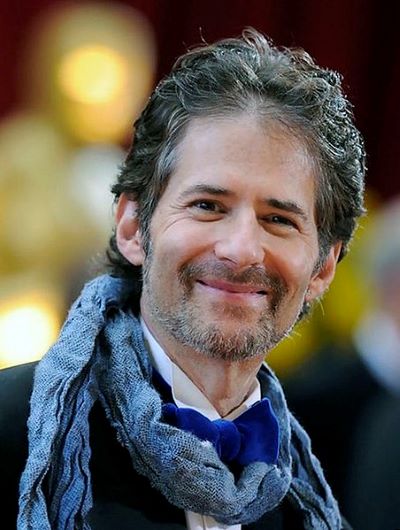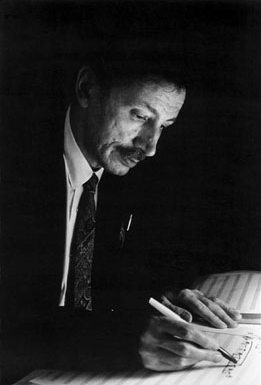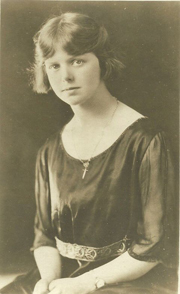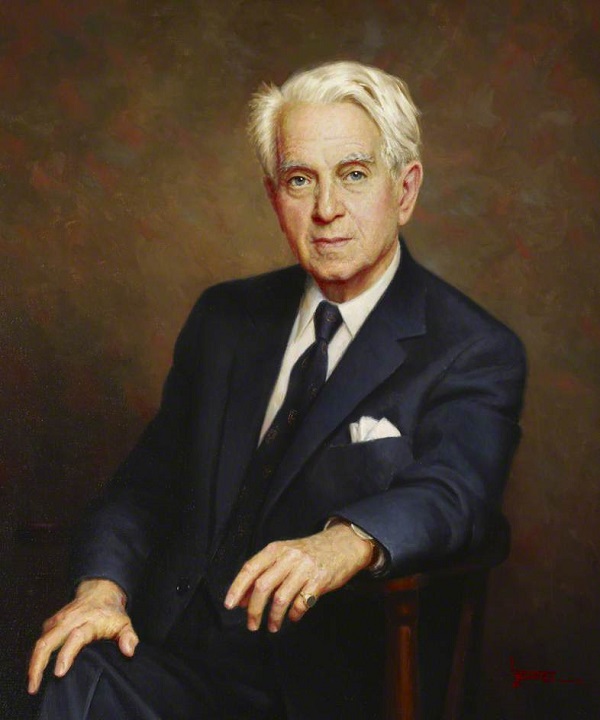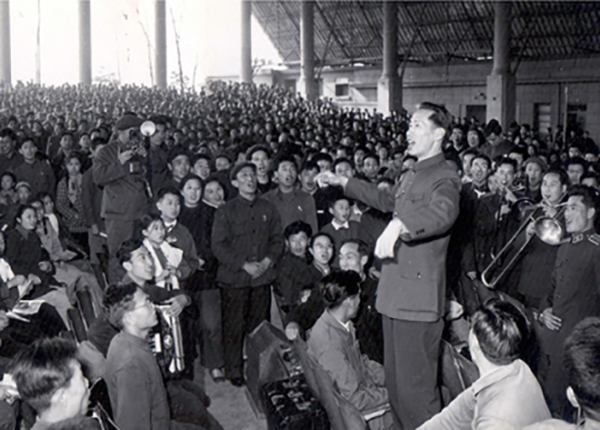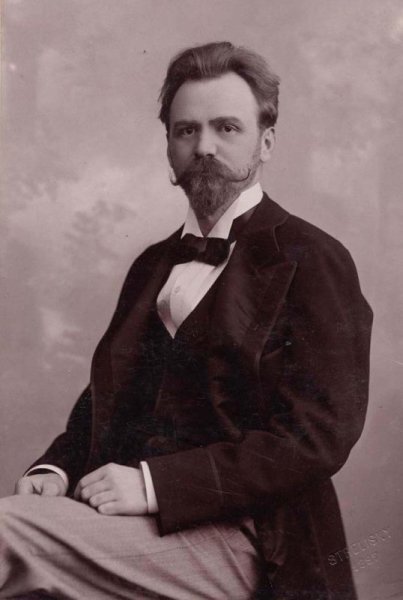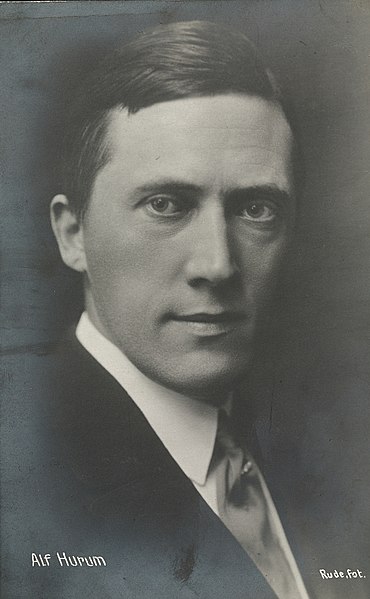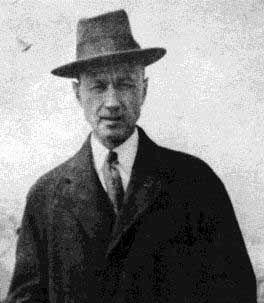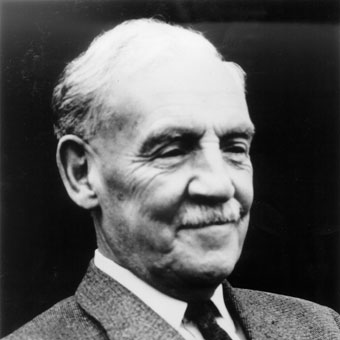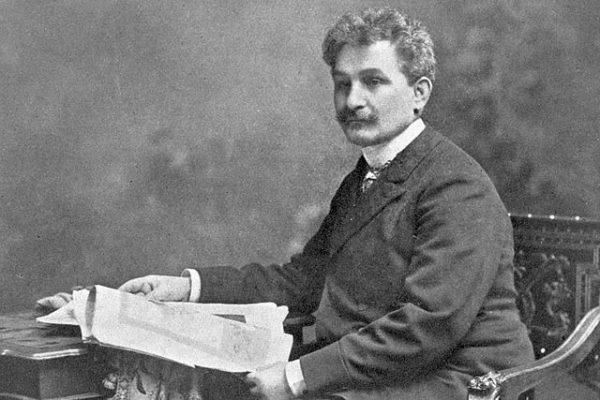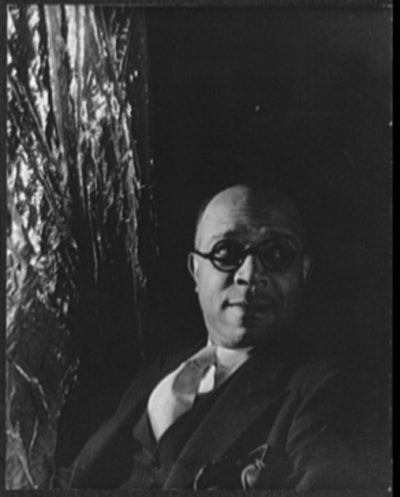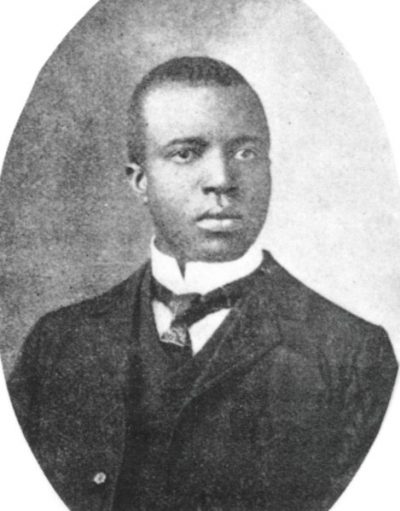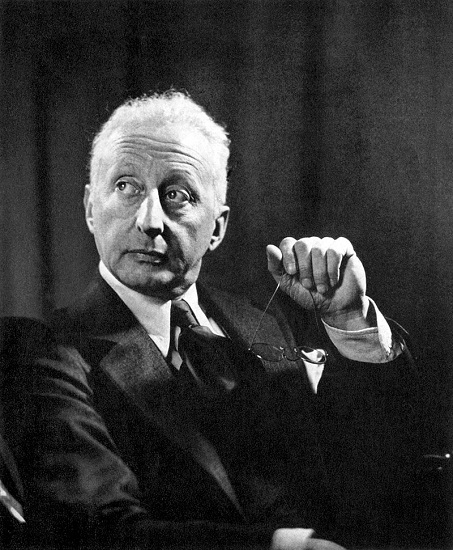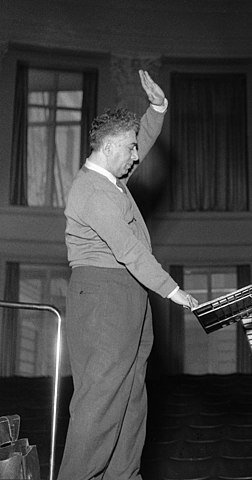Born in Lérida [Lleida], July 27, 1867
Died at sea, English Channel, March 24, 1916
- Granados was a Catalan composer and pianist who spent most of his life in Barcelona.
- Though he wrote more than 140 pieces, he achieved little fame outside Barcelona, and few of his works were published during his lifetime.
- As a concert pianist, Granados was famed for his improvisations, so much so that what he actually played at a recital frequently differed greatly from the printed score.
- Fun Fact: Granados visited the United States for the 1916 American premiere of Goyescas at the Met.
- During this visit Granados caused a stir by claiming that his listeners were ignorant of real Spanish music. Critics were offended and later took revenge by saying Granados’s opera was inferior to Carmen.1
- Not-Fun Fact: Granados was invited to visit President Wilson when he was in the US in 1916. The visit caused him to miss his boat home. He booked a different sailing and ended up being torpedoed by a German submarine2 in the English Channel. The boat survived but many passengers were tossed into the ocean.
- Granados was rescued by a life raft, but when he saw his wife struggling in the water, he jumped back in to save her. Neither of them survived.
Biography
Sources
- Mark Larrad, “Granados (y Campiña), Enrique,” Grove Music Online (2001), accessed October 15, 2019, http://www.oxfordmusiconline.com/grovemusic/view/10.1093/gmo/9781561592630.001.0001/omo-9781561592630-e-0000011603.
- Antonio Iglesias, liner notes to Granados, E.: 12 Spanish Dances, Rosa Torres-Pardo, Naxos 8.554313, CD, 1998.
Pieces
Spanish Dances (Danzas españolas)
Goyescas
Himno de los Muertos, H. 67
Pequeña Romanza, for strings
Spanish Dance No. 1: Minueto
Spanish Dance No. 10: Triste
Spanish Dance No. 2: Oriental
Spanish Dance No. 3: Zarabanda
Spanish Dance No. 4: Villanesca
Spanish Dance No. 5: Andaluza
Spanish Dance No. 6: Jota (Rondalla Aragonesa)
Spanish Dance No. 8: Asturiana
Spanish Dance No. 9: Mazurca

